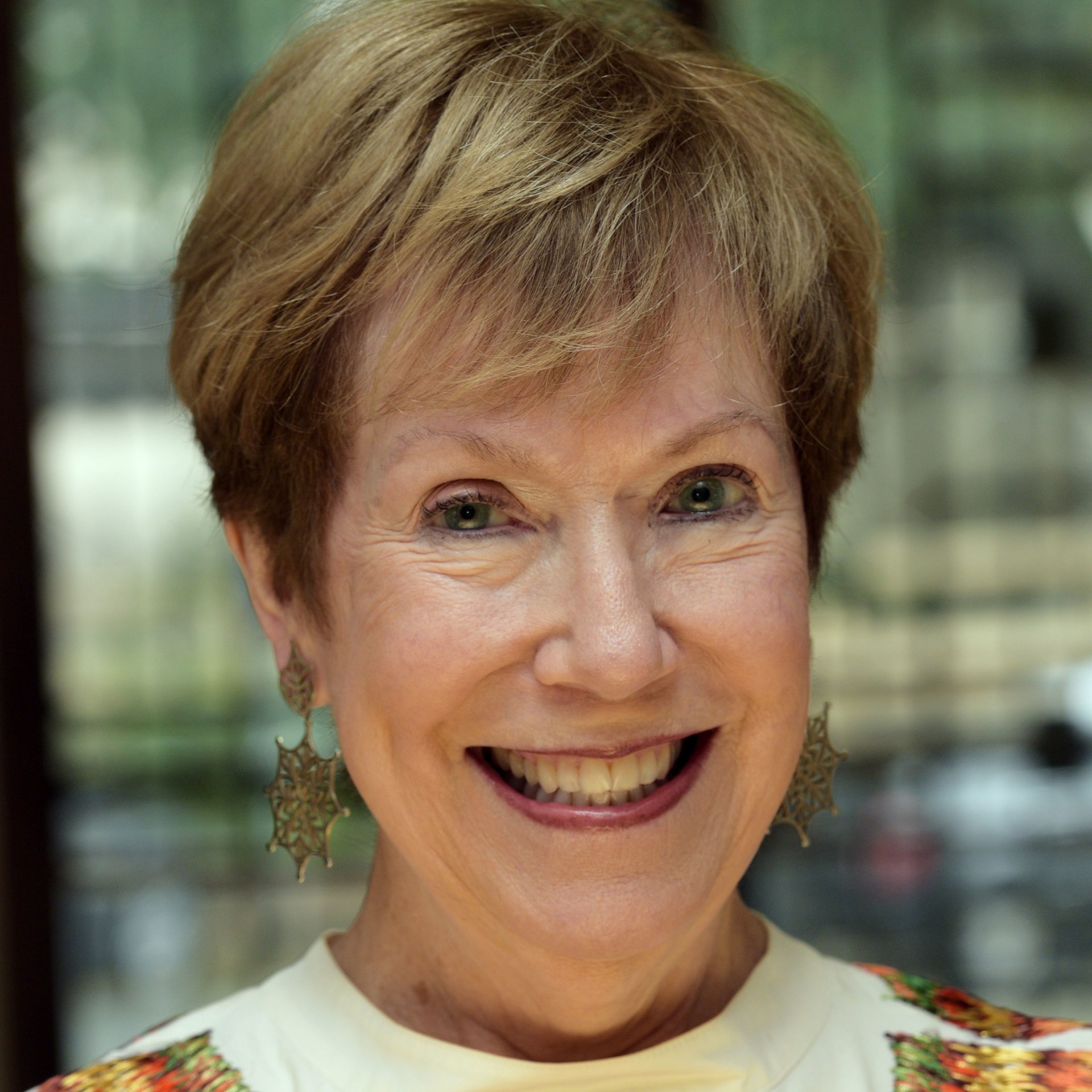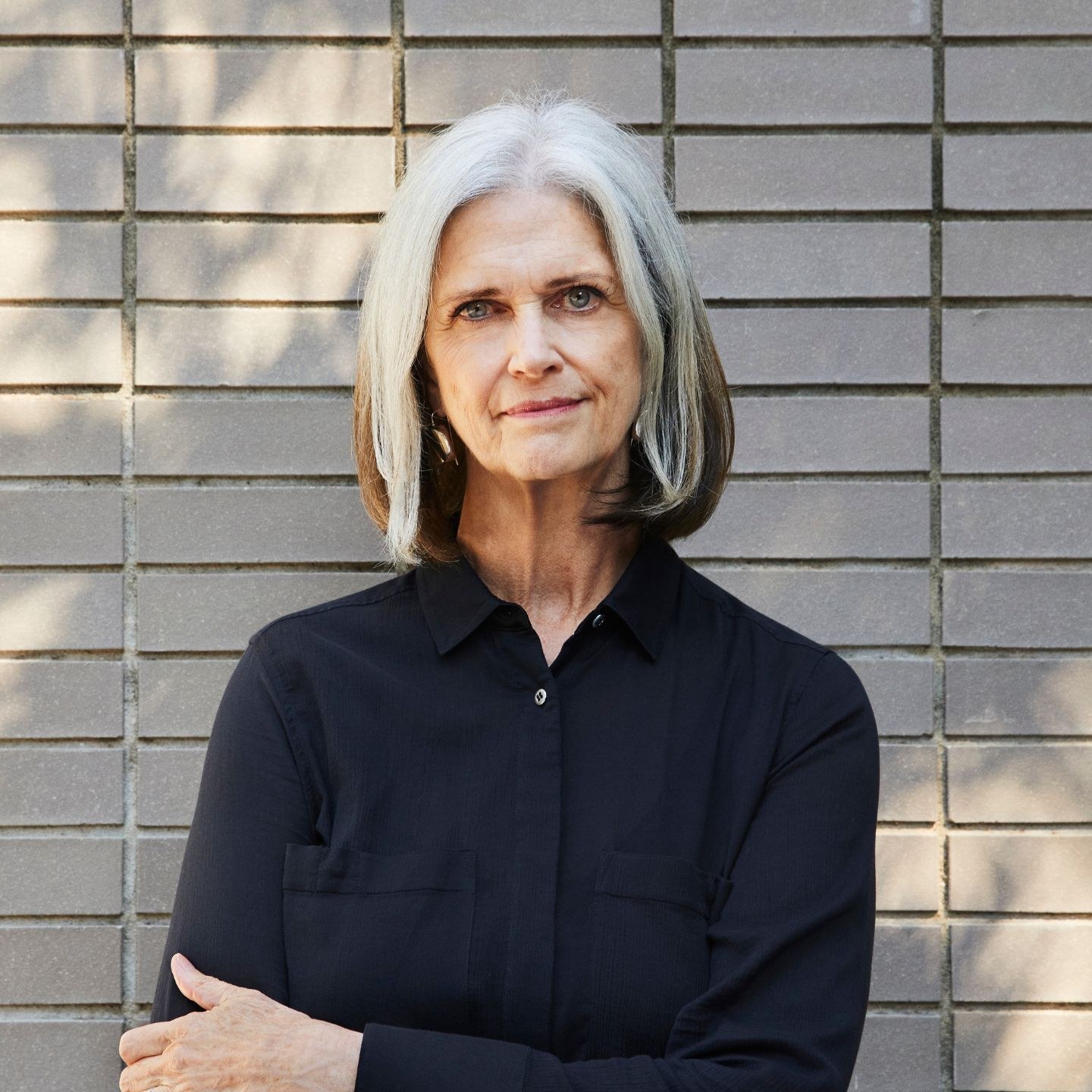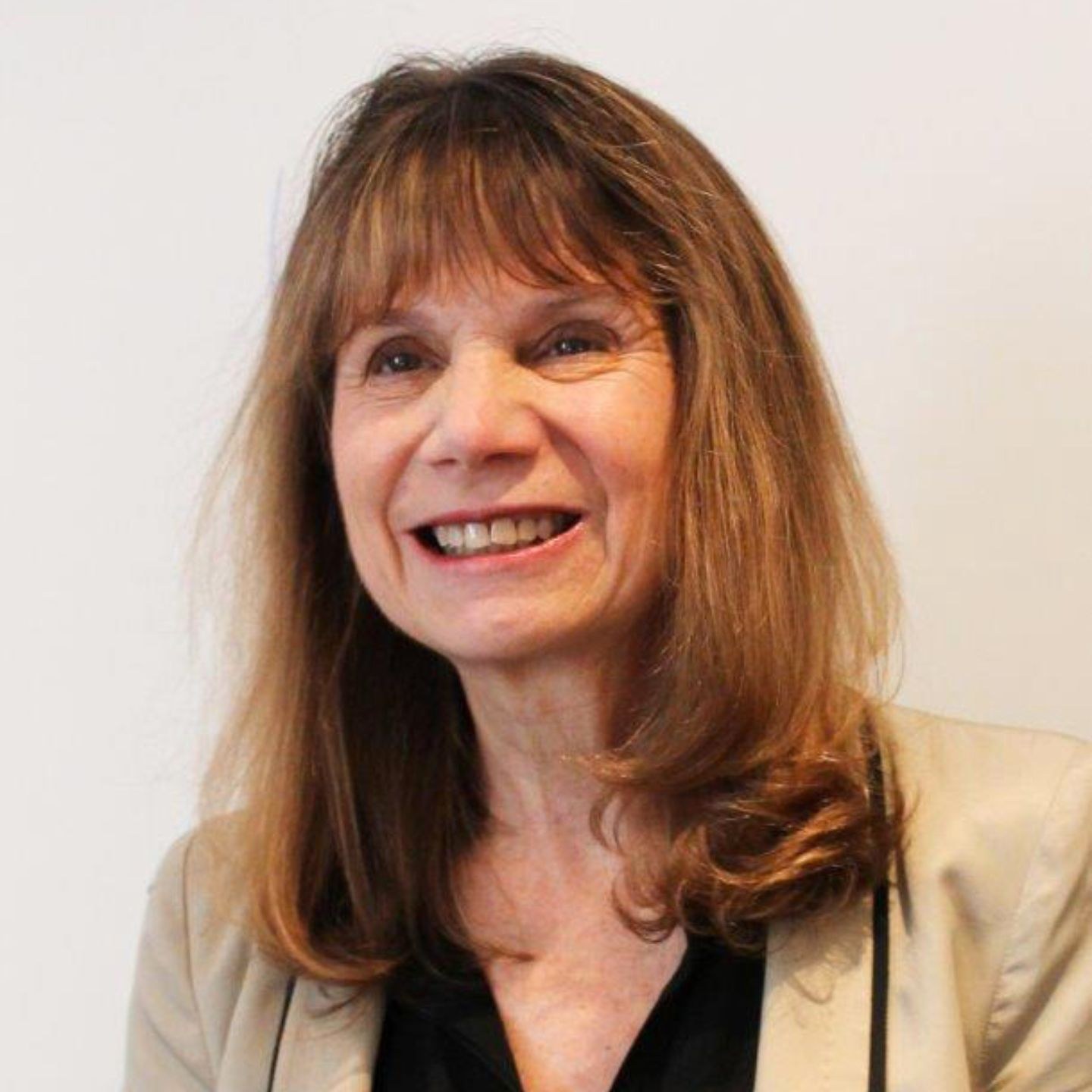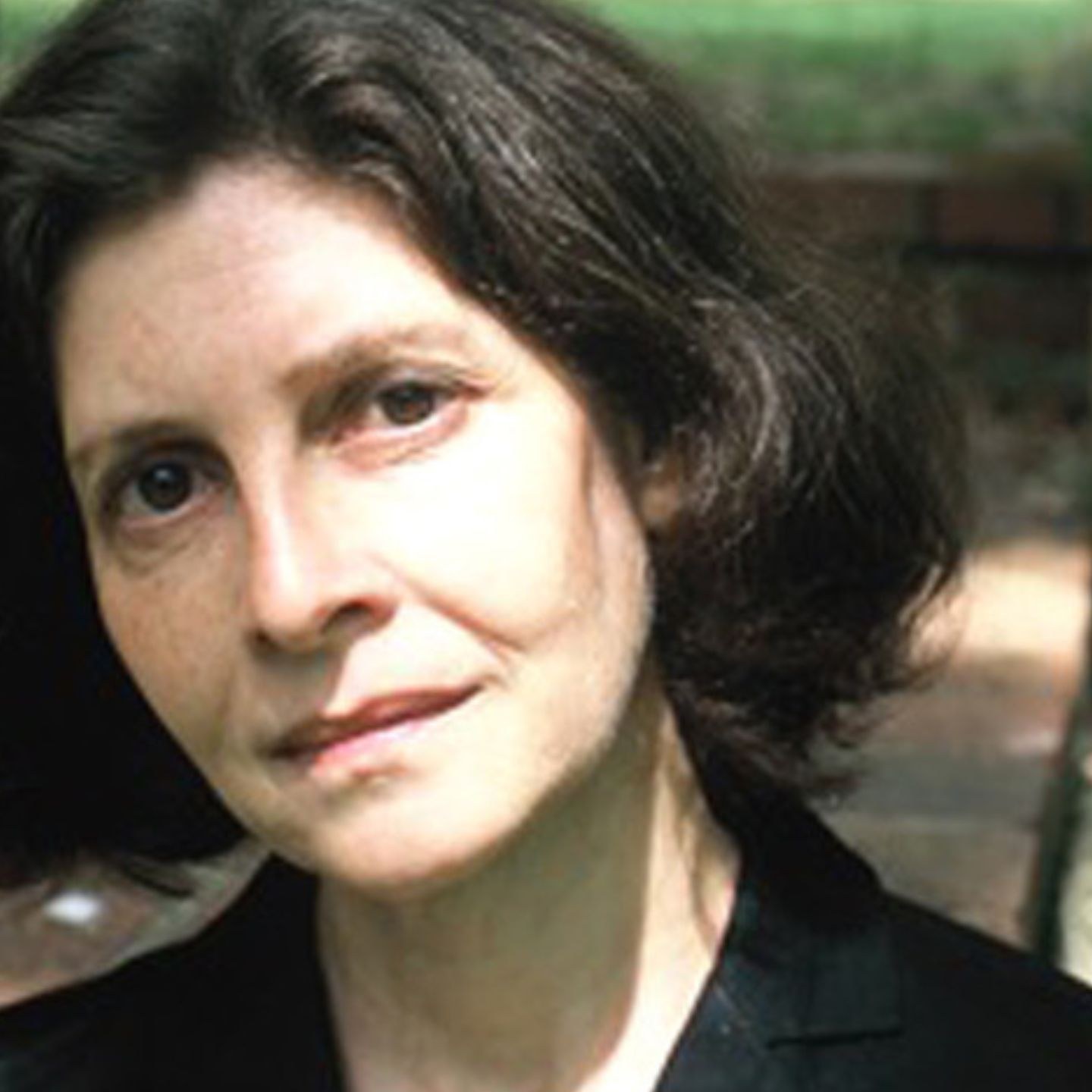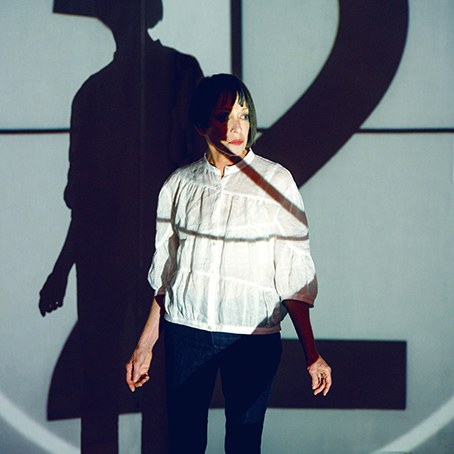Inspirations - Five Practices
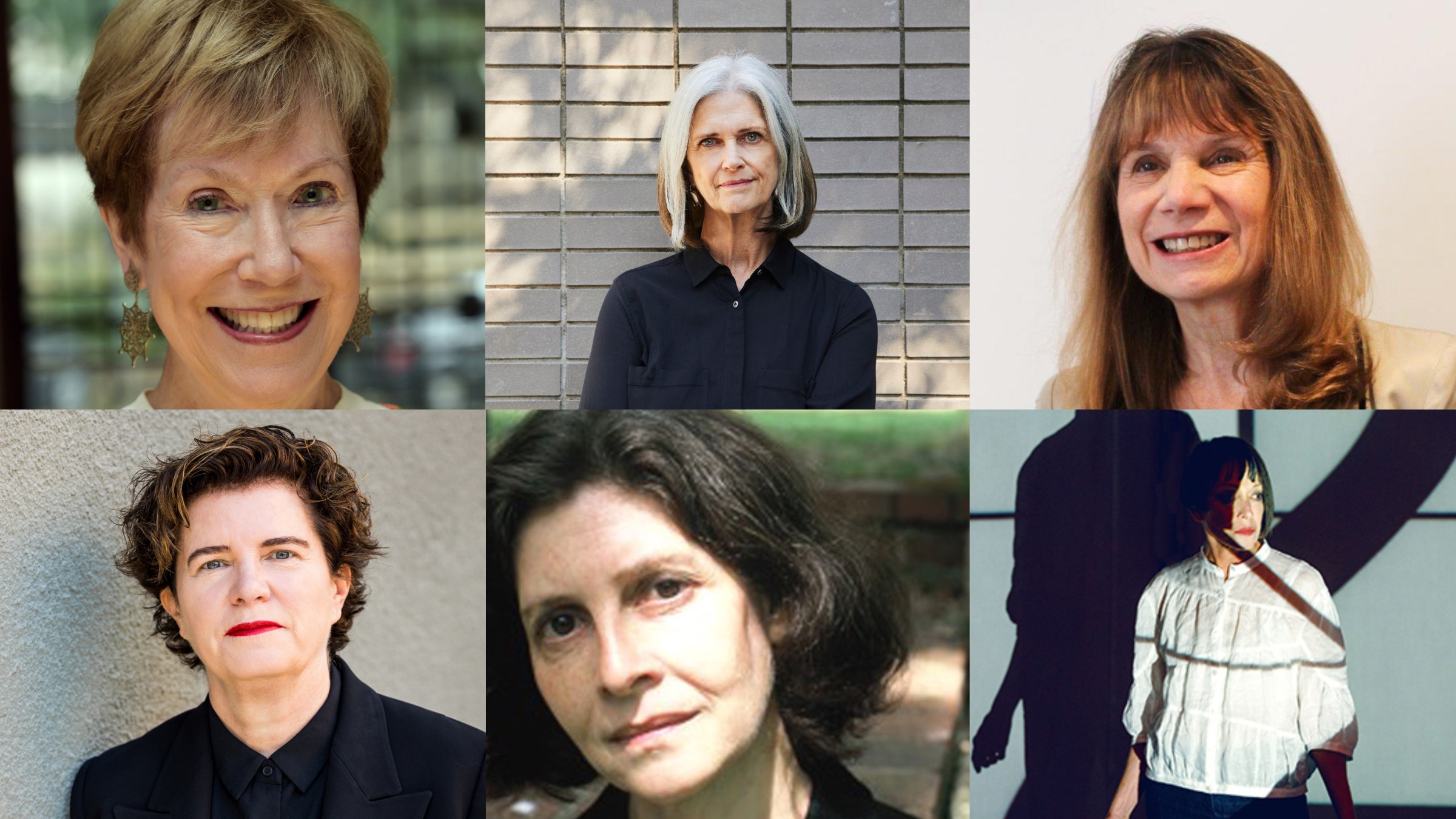
Saturday, October 25, 2025
11am-5:30pm CT
Tulane School of Architecture and Built Environment
Richardson Memorial Hall, Thomson Hall (Room 202)
New Orleans, LA 70118
Open to students, faculty, staff, and the public.
"Inspirations – Five Practices," is a symposium organized by Carol McMichael Reese, Emerita Professor, Tulane School of Architecture and Built Environment, in celebration of her 26 years of service on the faculty. The symposium features invited speakers: Deborah Berke, Yale University School of Architecture, TenBerke; Mary McLeod, Columbia University Graduate School of Architecture, Planning, and Preservation; Amy Murphy, University of Southern California School of Architecture; Joan Ockman, University of Pennsylvania Weitzman School of Design; and Diana Thater, ArtCenter College of Design.
CES credits are available, thanks to support from AIA New Orleans.
ABOUT THE EVENT
“Inspirations—Five Practices” is a one-day symposium that promotes the 2025-2026 Tulane School of Architecture and Built Environment's Lecture Series and Public Programs theme “Common Good,” which is also the title and theme of the school's upcoming issue of The ReView book. It brings together five women who have made outstanding contributions through their award-winning works of art, architecture, theory, and scholarship. Educating and inspiring thousands of university students, they have had wide-ranging influence in the academy and beyond. Over the course of the day, each will present perspectives on the ways in which she has endeavored to address issues in support of the common good.
Refreshments will be provided throughout the symposium. Registration is not required unless you plan to join us for lunch. The lunch break is expected to begin at 1 pm. For questions, contact Ben Neal at bneal1@tulane.edu. Registration is available here.
MEET THE ORGANIZER
Carol McMichael Reese, PhD, Emerita Professor, Favrot IV Professor of Architecture, and Founding Director of the Sustainable Urbanism Program at Tulane School of Architecture and Built Environment.
Carol McMichael Reese is an art, architecture, and urban historian who taught courses in history, research methods, and urbanism in the Tulane School of Architecture and Built Environment from 1999 to 2025. In academic year 2024-2025, she founded the school’s Sustainable Urbanism undergraduate program and served as its founding director. From 2014 to 2020, she served as the doctoral program director of Tulane’s cross-school, multi-disciplinary PhD program City, Culture, and Community (CCC). Upon her retirement from teaching in the spring of 2025, she was appointed emerita professor, and she continues to direct CCC dissertations of students in the program’s Urban Studies track. Carol previously taught at the University of Maryland College Park; SCI-Arc, UCLA, and UC San Diego. Before coming to Tulane, she served as a consultant to the Getty Research Institute (GRI), directing the GRI’s project to document Frank Gehry’s design for the Walt Disney Concert Hall, and she directed the MAK Center for Art and Architecture. Her exhibitions, essays, and books have focused not only on contemporary art and architecture but also on early 20th-century urbanism in the Americas, particularly in Mexico City, Buenos Aires, and Panama. In 2002, she won a Fulbright-Hays award as principal investigator for a group seminar in Panama. Her Project New Orleans, which documented proposals to rebuild the city after hurricane Katrina, won a Graham Foundation award, as did her co-edited history of New Orleans’s national historic landmark Longue Vue House and Gardens. Carol’s community-engaged work was recognized by Campus Compact and by the Louisiana Legislative Women's Caucus. In 2022, she was a Visiting Senior Fellow at The Center, the National Gallery of Art’s research institute in Washington, D.C. Her BA degree (Psychology) is from Trinity University, San Antonio, and her MA and PhD degrees (Art History) are from UT Austin.
MEET THE PANELISTS
Deborah Berke, FAIA, Edward P. Bass Dean and J.M. Hoppin Professor, Yale University School of Architecture, and Founder, TenBerke Architects
Deborah Berke, FAIA, LEED AP, is an architect and educator and the founder of New York-based architecture firm TenBerke. Among the firm’s most significant works are the Residential Colleges at Princeton University, the Cummins Indy Distribution Headquarters, the Rockefeller Arts Center at SUNY Fredonia, the Yale School of Art in New Haven, Connecticut, and the 21c Museum Hotels across the South and Midwest. In 2017, TenBerke was honored with a National Design Award from the Cooper-Hewitt, Smithsonian Design Museum. Deborah is the J. M. Hoppin Professor and the Dean of the Yale School of Architecture, the first woman to hold the position. She has taught at Yale since 1987. She is the recipient of the 2025 AIA Gold Medal, the Institute’s highest honor recognizing individuals whose work has had a lasting influence on the theory and practice of architecture. She was also the recipient of the 2022 AIA/ACSA Topaz Medallion, the highest honor for architectural education. In 2012, she was the inaugural designate of the Berkeley-Rupp Prize at the University of California at Berkeley, which is given to an architect who has advanced the position of women in the profession and whose work emphasizes a commitment to sustainability and the community. She is a board member of the James Howell Foundation and an advisor to the Norman Foster Foundation. She serves on the jury for the Pritzker Architecture Prize, the highest honor in the field. She is a member of the American Academy of Arts and Letters and the National Academy of Design. Deborah is a graduate of the Rhode Island School of Design and The City University of New York. In 2005, she was awarded an Honorary Doctor of Fine Arts from the Rhode Island School of Design.
Mary McLeod, Professor of Architecture, Columbia University Graduate School of Architecture, Planning, and Preservation
Mary McLeod teaches architectural history and theory, and, occasionally, studio at Columbia University. She has also taught at Yale University, Harvard University, the University of Kentucky, the University of Miami, and the Institute for Architecture and Urban Studies. Mary’s research and publications have focused on the history of the modern movement and on contemporary architectural theory, examining issues concerning the connections between architecture and politics. She has also written extensively on Le Corbusier’s architecture and urban planning. She is the co-editor of the books Kenneth Frampton: Conversations and Architecture, Criticism, Ideology and of the website Pioneering Women of American Architecture. She is the editor of and a contributor to the book Charlotte Perriand: An Art of Living, and she initiated and helped curate the exhibition “Charlotte Perriand: Interior Equipment,” held at the Urban Center in New York. Her essays have appeared in journals such as AA Files, Journal of Architecture, Assemblage, Journal of the Society of Architectural Historians, Casabella, Harvard Design Review, Lotus, and Oppositions and in books such as Modern Architecture and the Lifeworld, Architecture School: Three Centuries of Educating Architects in North America, Le Corbusier: An Atlas of Modern Landscapes, Modern Women: Women Artists at the Museum of Modern Art, Architecture and Feminism, The Sex of Architecture, Fragments: Architecture and the Unfinished, Oppositions Reader, Building Systems, Architectural Theory since 1968, and Complexity and Contradiction at Fifty. Mary is the recipient of a Fulbright Fellowship and NEH award ss well as grants from New York Council of the Arts and the Graham Foundation. She received BA, MArch, and PhD degrees from Princeton University.
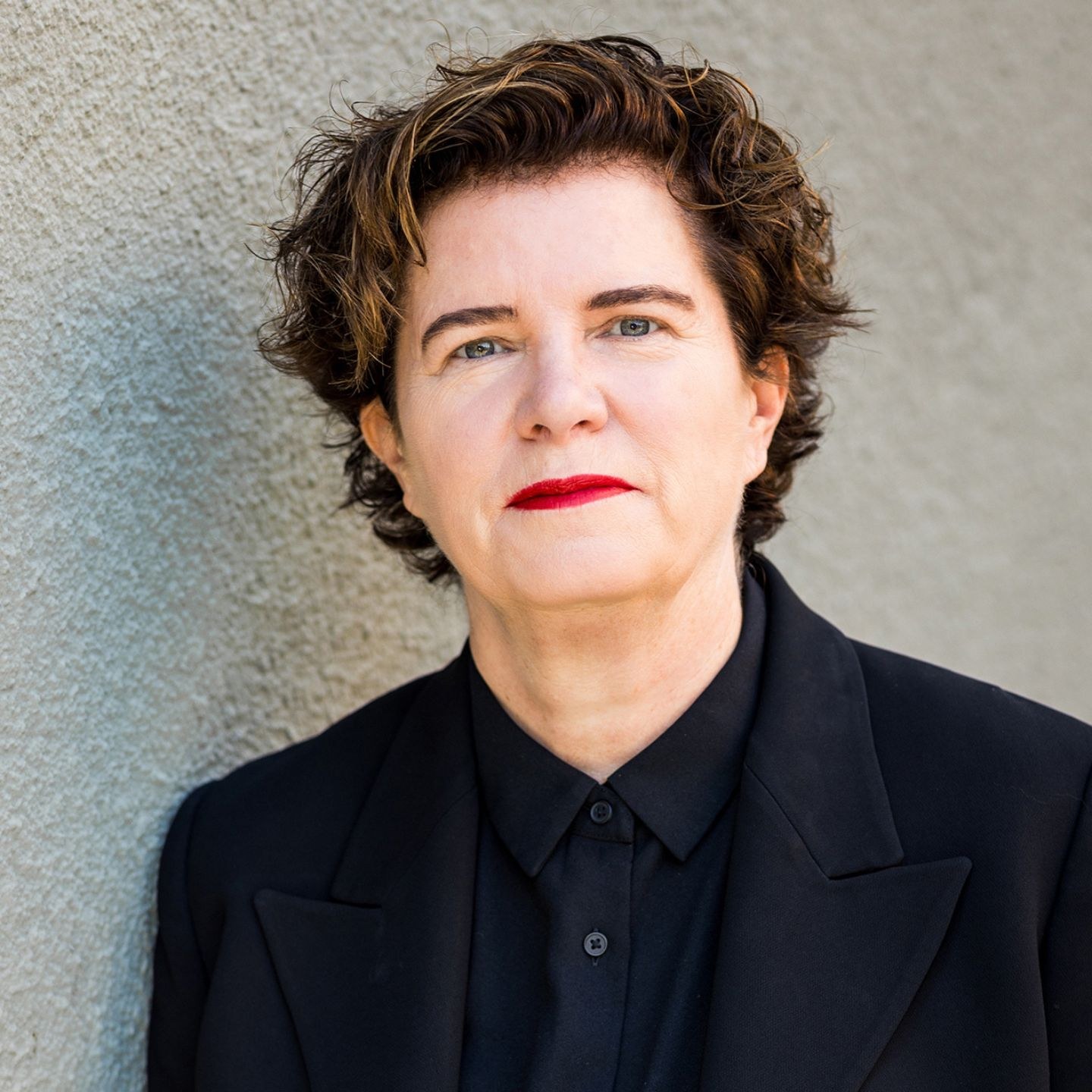
Amy Murphy, PhD, Professor and Associate Dean of Faculty Affairs, University of Southern California School of Architecture
Amy Murphy holds a BFA degree in fine art and a BArch degree from the Rhode Island School of Design as well as a MFA degree in film production and a PhD degree in media studies from the School of Cinematic Arts at the University of Southern California. Amy’s academic research has focused in large part on the relationship between cinema and urban experience. In several of her publications, such as “The Future Tradition of Nature” (2009), “New Orleans, Nature, and the Apocalyptic Trope” (2010), and “Nothing Like New: Our Post-Apocalyptic Imagination as Utopian Desire” (2013), she examined how our post-apocalyptic imagination limits our desire to change our historic attitude towards nature. Her forthcoming book, The Divided City and Its New Cinemas 1920-1980 (University of Illinois Press, 2026), analyzes the policies and processes that produced the dispersed and segregated American city over the last century and explores the imprint they left on several genres of the independent cinema. Her research has been published in such peer-reviewed journals as Places and the Journal of Architectural Education. She has delivered numerous papers at the annual conferences of such organizations as the American Collegiate Schools of Architecture and the International Association for the Study of Traditional Environments. Recently, she served as principal investigator on a successful grant proposal to the Mellon Foundation’s Humanities in Place program that brought $600,000 to the USC School of Architecture for the cataloguing and dissemination of the archive of African-American architect Paul R. Willams. She is currently co-curating an exhibition on Williams’s housing projects, which will open in the fall of 2026 at USC’s Fisher Museum.
Joan Ockman is an architectural historian, critic, and educator. She is Adjunct Professor at the University of Pennsylvania’s Weitzman School of Design and at Cooper Union School of Architecture. She received a BA degree from Harvard University (Radcliffe College) and a BArch from Cooper Union. Joan began her career at the Institute for Architecture and Urban Studies in New York, where she was an editor of Oppositions journal and was responsible for the Oppositions Books series. For over two decades, she taught at Columbia University’s Graduate School of Architecture, Planning, and Preservation, After leaving Columbia, she held visiting appointments at Harvard, Cornell, the City University of New York, SUNY Buffalo, the Berlage Institute in Rotterdam, and in the Metrópolis masters program at the Centre de Cultura Contemporània de Barcelona. She recently completed a five-year appointment as Vincent Scully Visiting Professor of Architectural History at Yale’s School of Architecture. She served as Director of Columbia’s Temple Hoyne Buell Center for the Study of American Architecture from 1994 to 2008. In 2000, while heading the Buell Center, she became the founding editor of Buell Books of Architecture, editing and contributing to such titles as Architourism: Authentic, Escapist, Exotic, Spectacular; Out of Ground Zero: Case Studies in Urban Reinvention. and The Pragmatist Imagination: Thinking about Things in the Making. Among her many additional edited publications, to which she also contributed, are the award-winning anthology Architecture Culture 1943–1968 (Rizzoli, 1993) and Architecture School: Three Centuries of Educating Architects in North America (MIT Press, 2012). Joan was honored by the American Institute of Architects for collaborative achievement in 2003 and named a Fellow of the Society of Architectural Historians in 2017.
Diana Thater is a Los Angeles–based artist known for her pioneering work in film, video, light, and sound. Born in San Francisco, she studied Art History as an undergraduate at New York University and earned her MFA from ArtCenter College of Design in Pasadena. She has taught for over thirty years at ArtCenter. Since the early 1990s, she has pushed the boundaries of time-based media and installation art, exploring the interplay between the natural and man-made worlds. Her immersive works draw from disciplines such as literature, animal behavior, mathematics, and sociology, creating complex relationships between time, space, and perception. Her work has been featured in major solo exhibitions worldwide, including at LUMA, Arles (2024); The Watershed, Institute of Contemporary Art, Boston (2018), and Guggenheim, Bilbao (2017). Her 2015 mid-career survey, The Sympathetic Imagination, was organized by the Los Angeles County Museum of Art (LACMA); it resulted in the publication of a major catalogue and traveled to the Museum of Contemporary Art Chicago. Her works such as “Chernobyl” and “Delphine” have circulated globally, and she has exhibited regularly in international biennial art exhibitions, including the Whitney, New York; Lyon and Nice, France; Carnegie, Pittsburgh; and Johannesburg. Other notable venues that have shown her work include the Dia Center for the Arts, Walker Art Center, Natural History Museum London, Kunsthalle Basel, Kunsthalle Bremen, Secession Vienna, and Museum für Gegenwartskunst Siegen. Diana has received numerous awards, including the Anonymous Was a Woman Environmental Art Grant (2023), a Guggenheim Fellowship (2005), and a National Endowment for the Arts Fellowship (1993). Her work is held in the collections of major institutions such as New York’s Museum of Modern Art, LACMA, and The Broad, Whitney, Hirshhorn, and Stedelijk museums.
Questions? Contact Ben Neal at bneal1@tulane.edu.
Tulane University is committed to providing universal access to all our events. Please contact the event organizer listed above for accessibility accommodations. Please note that advance notice is necessary to arrange some accessibility needs.
Tulane is an equal opportunity educator and employer. Legally protected demographic classifications such as race, national origin, sex, age, disability, veteran status, etc. are not relied upon as an eligibility or participation criteria for employment or educational programs or activities.
